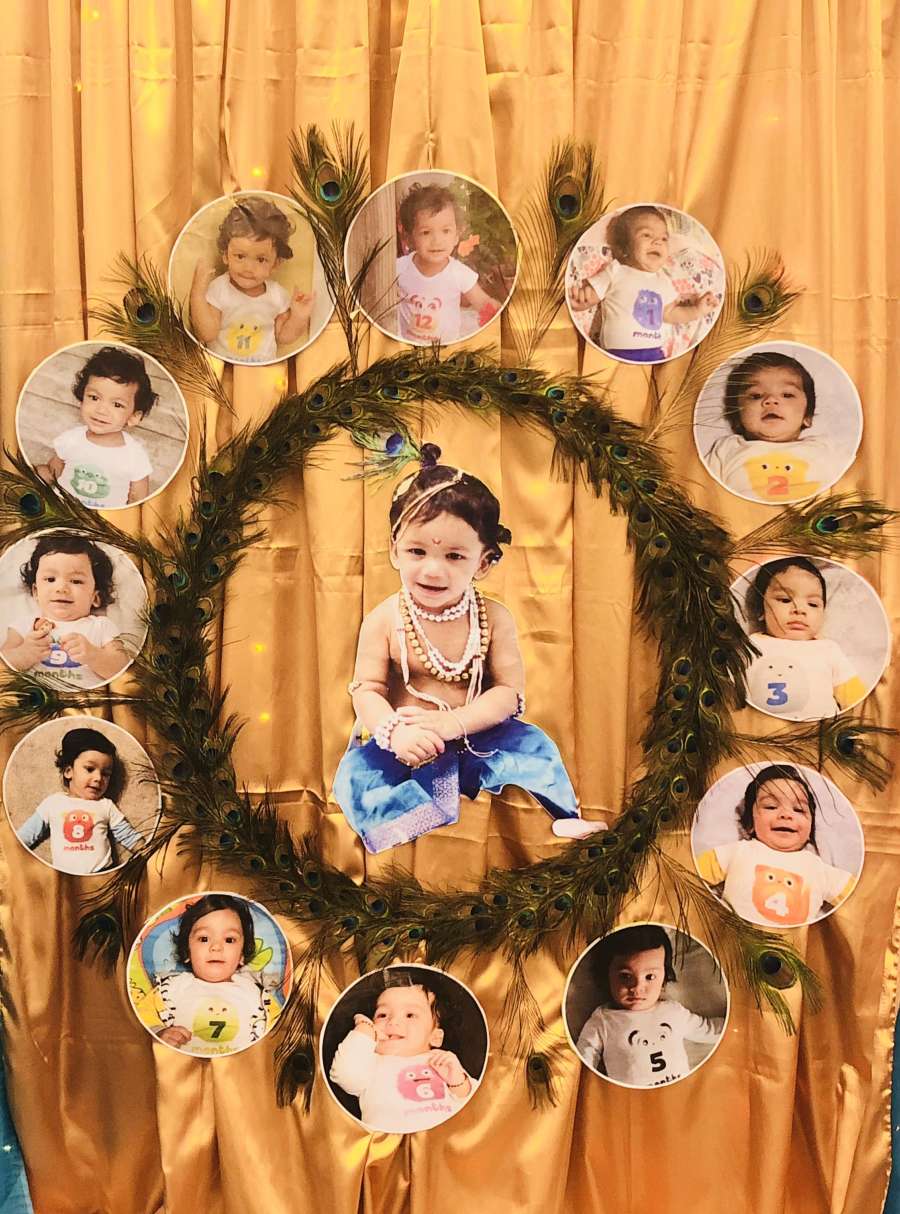

Naamkaran & Barahi Sanskar
Get Blessing of goddess Varahi
The terms "Naamkaran," "Barahi," and "Sanskar" are distinct concepts in Hindu culture, each with its own significance. They are not typically used together as a single term or phrase. However, if you are asking about the naming ceremony (Naamkaran) with a particular emphasis on the goddess Varahi (Barahi) and the broader context of Hindu rituals and rites (Sanskar), it could be a unique or personalized approach to the naming ceremony.
In a traditional Naamkaran ceremony, the focus is on naming the newborn and performing rituals associated with the child's entry into the world. This is often a family and community event. "Sanskar" refers to the broader set of Hindu rituals and rites that mark various stages of life, from birth to death. It encompasses ceremonies related to education, marriage, and other life events.
When to Perform Naamkaran & Barahi Sanskar?
This ceremony can be performed at the end of the Sutak period, starting from the birth of the child for the next ten days.
Duration
The Naamkaran-Barahi-Sanskar is of 3 hours of Duration.
Required Pooja Samagri
- Idol or picture of Varahi
- Yajnopavita
- Akshata
- Incense Sticks
- Turmeric powder
- Kumkum
- Puja Thali
- Sandalwood Paste
- Flowers
- picture of Varahi
- Havan Samagri
- Sweets
Notes
Other requirements include Ganga Jal, Havan Samagri, Shankha, Red Thread, Durba Grass, Bowls, Plates.
Benefits of Puja
Giving a name to a child helps establish their unique identity.
Devotees seek the blessings of Varahi for strength, protection.
Varahi is often associated with maternal energy.
Sanskar ceremonies help maintain cultural and religious continuity.
Sanskars are seen as rites of passage, contributing to the spiritual growth.
Worshiping Varahi is believed to invoke her blessings for protection.
